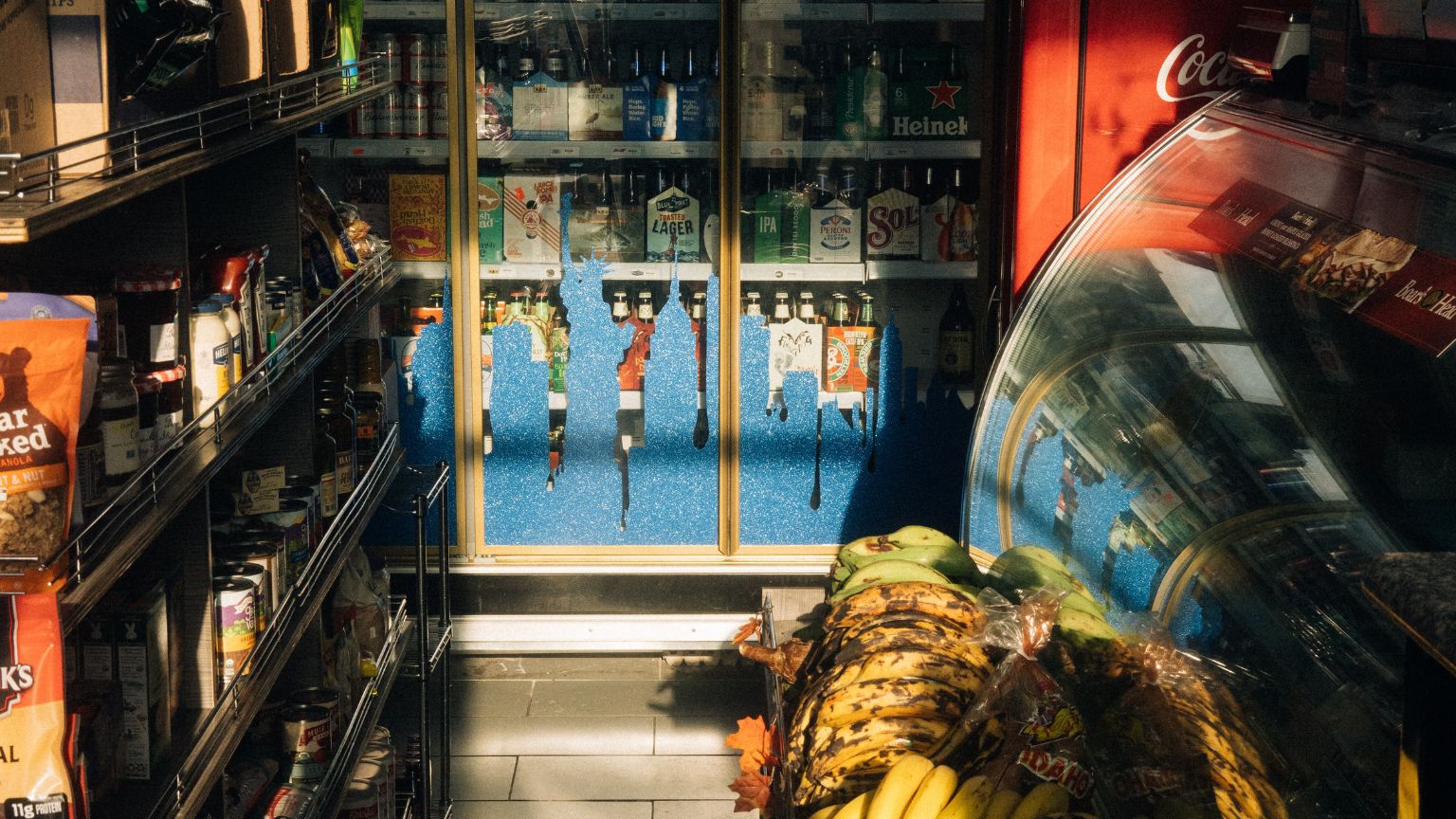Biometric systems may soon take over traditional ID checks for tobacco and liquor purchases in The Empire State, if a bill proposed by New York State Senator James Skoufis gains traction. Far from stepping on the brakes in response to the rapid pace of privacy-invading technologies, Skoufis claims his proposal would spark innovation and serve the public’s need for convenience.
The bill, first introduced in 2021, advocates using face, palm, or fingerprint scans as valid means of age-verification when procuring age-restricted items like alcohol or tobacco. Skoufis underlines that a successful implementation of this advanced technology will establish New York as a leading state in technological innovation.
Skoufis points to examples where biometrics have improved operational efficiency: stadiums in Seattle verifying patrons’ age and payment for alcoholic beverages via fingerprint scans; the Transportation Security Administration leveraging facial recognition for checking passenger identities at several US airports. According to Skoufis, these systems have proven effective with “no hiccups.”
The proposed bill has anticipated the inevitable privacy uproar, providing for data encryption and a total ban on selling collected biometric data to third parties. However, as reported by State Scoop, the silence of the bill concerning specifics such as data storage and retention duration has raised doubts among privacy professionals, including Cobun Zweifel-Keegan, managing director at the International Association of Privacy Professionals.
Zweifel-Keegan warns of the potential violation to customers’ anonymity as, unlike the conventional retail experience, the biometric system will create a digital trail of consumers’ transactions. The irreversible nature of fingerprint and palm scans also imposes additional risk factors, as, unlike passwords, they cannot be changed in case of a data breach.
Skoufis, however, conveys that these concerns will be addressed by the New York State Liquor Authority’s vigilant administrative efforts. Additionally, he assures that participation in the biometric program (at least for now) would be completely voluntary.
While the sweeping bill does provide lip service meant to quell fears about individual privacy, critics argue that it may just be a stepping-stone towards normalizing the use of biometric data. For those who cherish anonymity and consumers’ right to withhold personal data, Skoufis’ bid to boost convenience and foster innovation may be seen more as a surrender of privacy under the guise of progress. As the free people of New York await the bill’s fate, one thing is certain: the privacy versus convenience debate remains far from settled.









